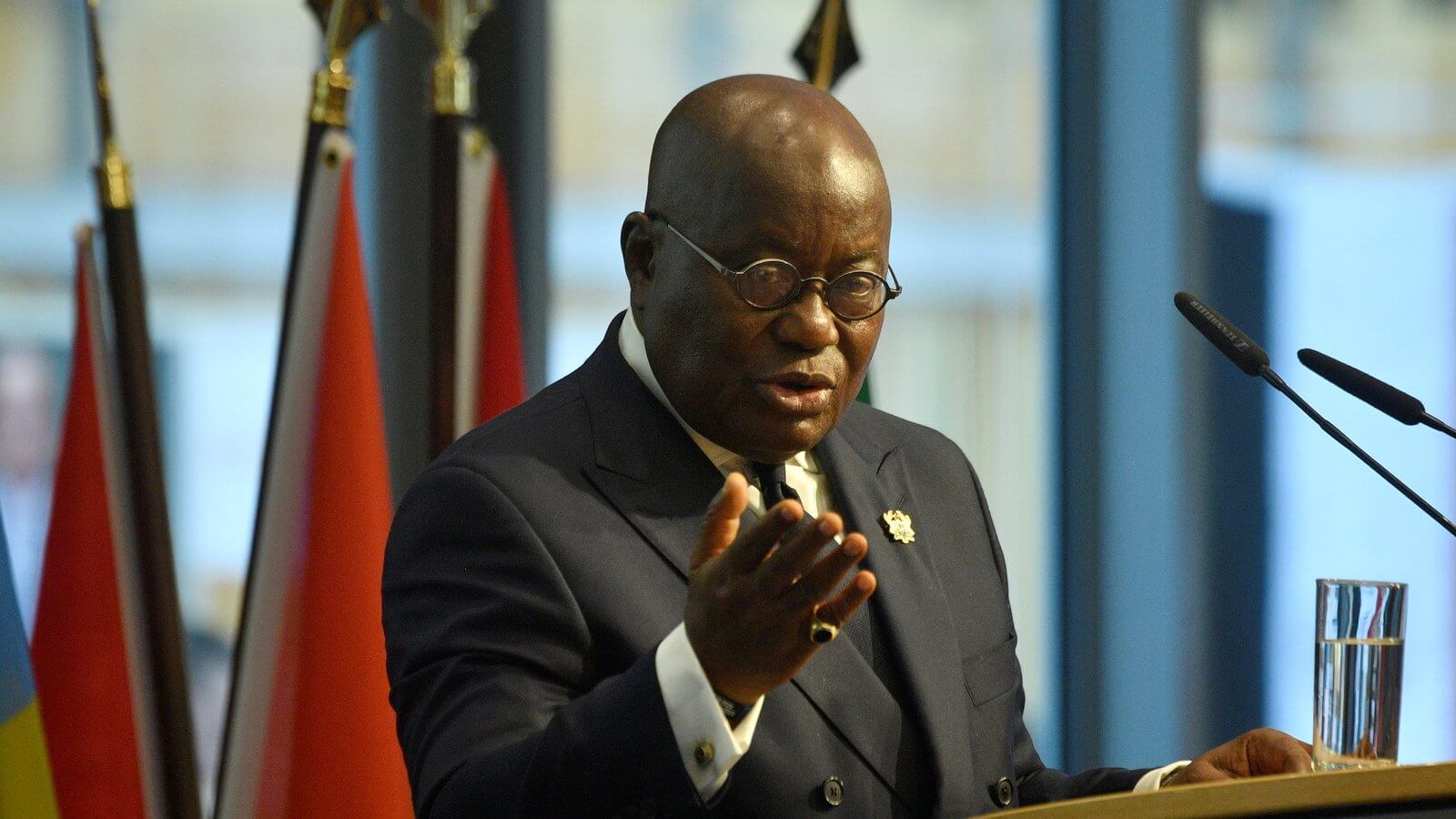Over the last two weeks, Mali’s military junta, headed by Assimi Goïta, appointed former defence minister Colonel Major Ba N’Daou as Mali’s interim president for 18 months. Days later, N’Daou appointed former foreign affairs minister Moctar Ouane as the country’s new prime minister. It was hoped that Ouane’s appointment would convince the Economic Community of West African States (ECOWAS) to withdraw sanctions against Mali, as he previously acted as a diplomatic adviser to the organization.
It now appears that these calculations were correct, as the ECOWAS has lifted the sanctions it placed on Mali following August’s military coup, when erstwhile President Ibrahim Boubacar Keïta and his Prime Minister, Boubou Cissé, were forced to resign. The sanctions involved border closures and a suspension on financial transfers to the country. In the days following the implementation of these sanctions, some of the restrictions were lifted, such as the strict rules on financial flows into Mali, so as to not adversely affect civilians.
While the ECOWAS did stress on Keïta being reinstated into power, it has now seemingly approved the military junta’s assembly of a transitional government and promise of a return to civilian rule after 18 months.
The organization released a statement reading: “Taking into account the notable progress made towards a constitutional normalisation, and the support the process, the heads of states have decided to lift the sanctions on Mali, and called on partners to support Mali.”
In his statement on behalf of the organization, Ghanaian President Nana Akufo-Addo, who is the new chairman of the ECOWAS, conceded that it “remains unclear if the new government enjoys the support of Malians, especially, the opposition coalition M5-RFP, which spare-headed national protests that preceded the military sacking of the government of elected president Ibrahim Keita”.
There remains cause for concern and suspicions that the military will continue to hold control over significant areas of governance even once the 18-month transitional period is over. For instance, Colonel Sadio Camara, one of the leaders of the junta, was named as the new Defense Minister.
In fact, military officers are now also in charge of national security, national reconciliation, and regional administration. Moreover, the body in charge of overseeing the transition to civilian rule, the National Committee for the Salvation of the People (CSNP), was established by and is entirely under the control of the junta.
More worrying still is how over 100 jihadists who were in prison for committing violent acts have now been arbitrarily released. It is thought that this is part of a prisoner exchange for opposition leader Soumaïla Cissé and French humanitarian aid workers Sophie Pétronin. While the release of Cissé, a three-time presidential candidate, and Pétronin is welcome, releasing dozens of high-risk prisoners may have untold impacts on an already unstable and fragile political climate.
ECOWAS Lifts Sanctions on Mali After Junta Assembles Transitional Government
The sanctions involved border closures and a suspension on financial transfers to the country.
October 7, 2020

Ghanaian President and ECOWAS Chairman Nana Akufo-Addo SOURCE: JOHN MACDOUGALL / REUTERS
